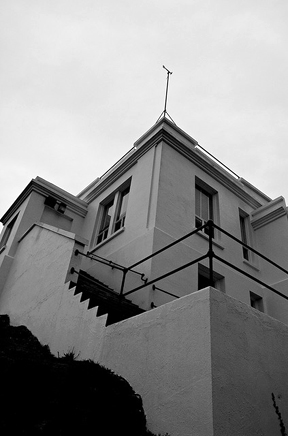We lost an hour last night.
Don’t send out a search party. The hour is not hiding under the bed, or communing with dust bunnies at the back of the closet. It hasn’t eloped with a dish or a spoon, or ridden a cow bareback over the moon.
Our concept of time, with its discrete hours, minutes and seconds, is a result of our need for predictability and stability, and the progress of our technology.
Before moment-to-moment measurement became possible, we relied on the Earth’s tilted, spinning loops around the sun to measure time. Every sunrise, sunset, high noon, or full or new moon brought a new unit of time. The sun’s creep along the horizon signaled seasons. Animals and our own patterns provided points of approximate precision to our days. Wrinkles creeping across faces, children becoming adults, saplings maturing into trees, and other signs indicated decades.
Technology overturned that. Fire and electricity made night into day. Clocks introduced minutes and seconds, and made promptness, regular schedules and shift work possible.
Even after clocks became portable, sailors relied on the sun to determine how far east or west they had travelled. Ships’ captains determined high noon where they were, set one time piece on board to that time, and compared the difference against another time piece. On any ship flying under the Union Jack, that second time piece was set to Greenwich time, in England. In those pre-GPS days, time accuracy was essential for ships in port to set their time pieces and measure position.
As a major shipping port for the British Empire, Victoria benefited. For example, in February 1859, the Victoria Gazette reported that Captain Trevett of the Hudson’s Bay Company steamer Labouchere, which was in harbour, consented to fire a gun at noon every Thursday, so that the citizens of Victoria could “regulate their time pieces and obtain the true time.” Two decades later, the Work Point garrison established a time-keeping routine by firing its time gun at eight or nine o’clock on Monday nights….
Read the rest of this editorial at the Victoria Times Colonist….


You must be logged in to leave a reply.